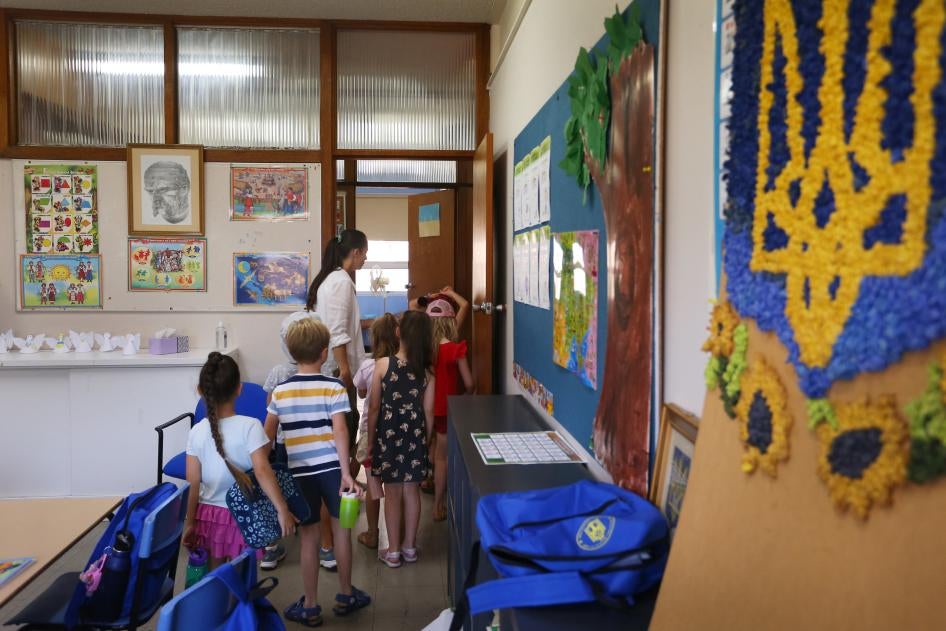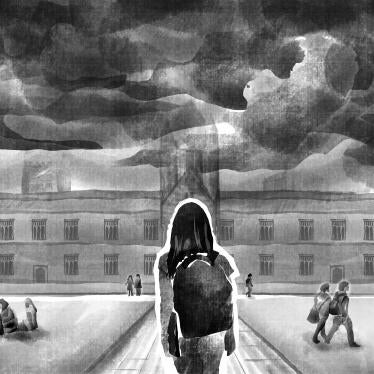Australia is the 117th country to endorse the Safe Schools Declaration, an intergovernmental political commitment to reduce the likelihood that students, teachers, and schools are targeted for attack during armed conflict.
Schools should be places of study and safety for children. If armed forces use schools as military bases, firing positions, or munitions caches, it may make them lawful military targets under the laws of war. Armed groups have also directly attacked schools and used them as places to recruit child soldiers. When this happens, they cease to be safe havens and students lose their ability to access vital education.
The use of schools for military purposes by armed forces and groups is tragically not rare. In 2020 and 2021, there were more than 5,000 separate attacks on education facilities, students, and educators, or incidents of military use globally, according to the Global Coalition to Protect Education from Attack (GCPEA). Countries in the Asia-Pacific region have alarmingly high incidents of schools and students being made victims of war. Afghanistan, Pakistan, India, and Myanmar have been classified by GCPEA as “very heavily affected” by military attacks on educational institutions, with Thailand and the Philippines also affected.
Australia’s responsibilities do not end with its endorsement. When Malaysia hosts the Fifth International Safe Schools Conference later this year, Australia should encourage other countries to support the declaration. While Australia joins other countries in the region in endorsing the declaration, there remain some notable absences, such as Indonesia, Japan, and South Korea.
Australia also needs to implement the declaration, which contains measures countries should take to make attacks on schools less likely and to respond if attacks occur. These include committing to investigate attacks and prosecute those responsible, ensuring education continues for all children during war, and incorporating measures into military policies and training to discourage the use of schools for military purposes.
As then Australian Ambassador to the United Nations Gary Quinlan told the Security Council in 2014, “We cannot deny generations of children an education through the destruction or misuse of school premises. We must work decisively on that … We need to do more to protect schools, teachers, and students during conflict … The child victims around the world count on us.” Now is the time to take concrete steps to protect them.









